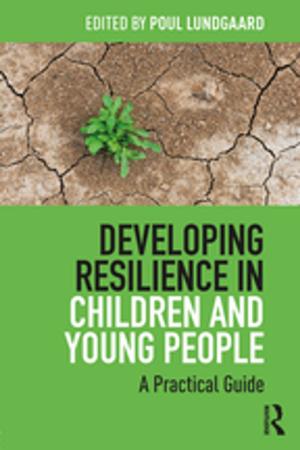Contexts of Social Capital
Social Networks in Markets, Communities and Families
Business & Finance, Economics, Microeconomics, Nonfiction, Social & Cultural Studies, Political Science, Politics, Labour & Industrial Relations, Social Science, Sociology| Author: | ISBN: | 9781134220748 | |
| Publisher: | Taylor and Francis | Publication: | November 24, 2010 |
| Imprint: | Routledge | Language: | English |
| Author: | |
| ISBN: | 9781134220748 |
| Publisher: | Taylor and Francis |
| Publication: | November 24, 2010 |
| Imprint: | Routledge |
| Language: | English |
The concept of social capital refers to the ways in which people make use of their social networks in "getting ahead." Social capital isn’t just about the connections in networks, but fundamentally concerns the distribution of resources on the basis of exchanges.
This volume focuses on how social capital interacts with social institutions, based on the premise that markets, communities, and families are the major contexts within which people meet and build up social networks and the foci to create social capital. Featuring innovations in thinking about exchange mechanisms, resource distribution, institutional logics, resource diversity, and the degree of openness or closure of social networks, these chapters present some of the most important advances in this essential field.
Paralleling these theoretical developments, the chapters also improve practical methodological work on social capital research, using new techniques and measurement methods for the uncovering of social logics.
The concept of social capital refers to the ways in which people make use of their social networks in "getting ahead." Social capital isn’t just about the connections in networks, but fundamentally concerns the distribution of resources on the basis of exchanges.
This volume focuses on how social capital interacts with social institutions, based on the premise that markets, communities, and families are the major contexts within which people meet and build up social networks and the foci to create social capital. Featuring innovations in thinking about exchange mechanisms, resource distribution, institutional logics, resource diversity, and the degree of openness or closure of social networks, these chapters present some of the most important advances in this essential field.
Paralleling these theoretical developments, the chapters also improve practical methodological work on social capital research, using new techniques and measurement methods for the uncovering of social logics.















